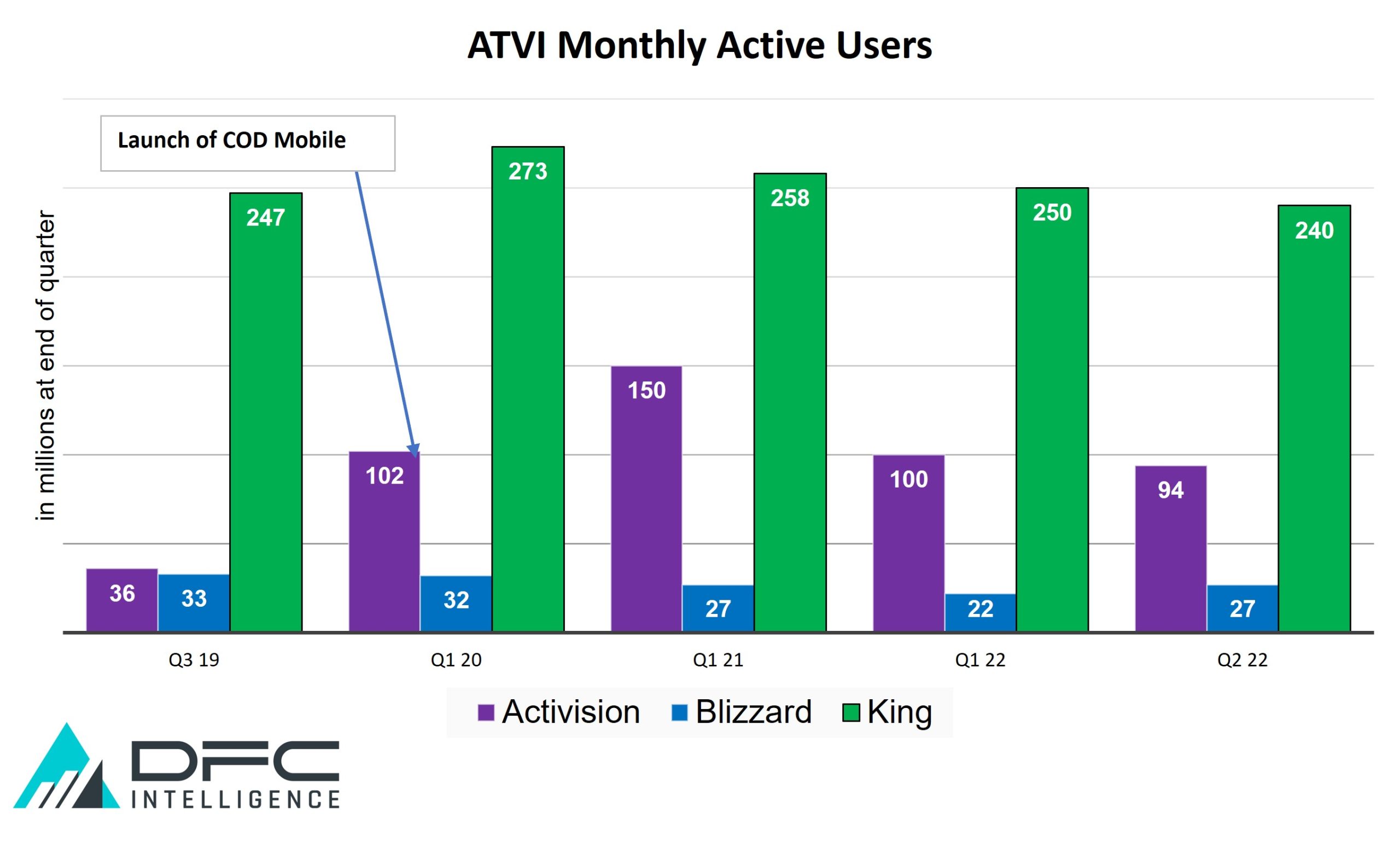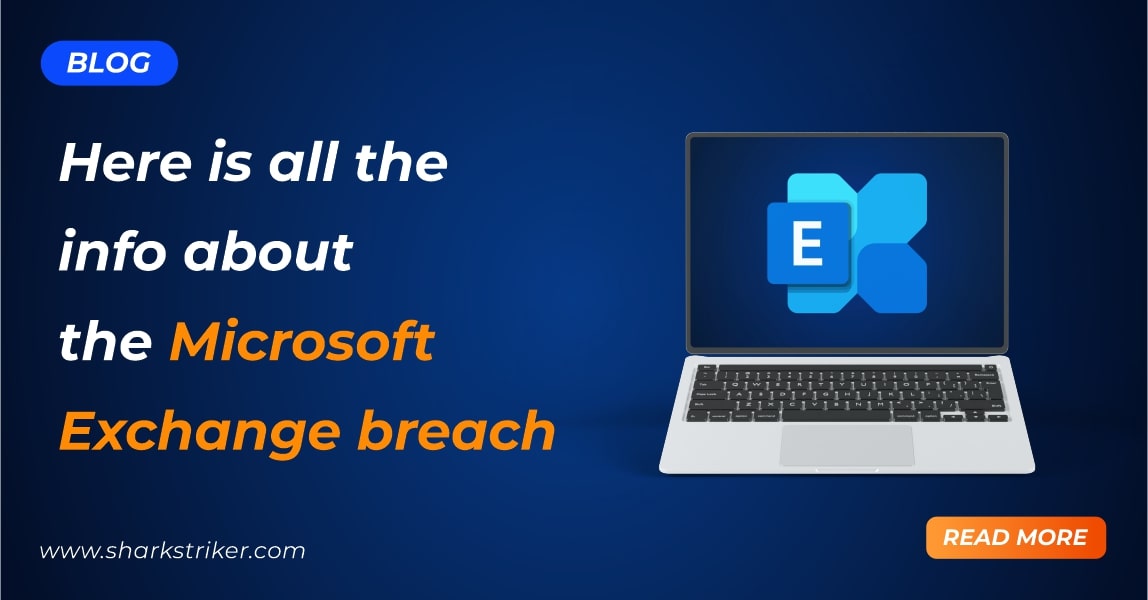Activision Blizzard Acquisition: FTC's Appeal And The Road Ahead

Table of Contents
H2: The FTC's Arguments Against the Activision Blizzard Acquisition
The FTC's core argument against the Activision Blizzard acquisition centers on antitrust concerns and the potential for anti-competitive behavior by Microsoft. Their lawsuit alleges that the merger would give Microsoft undue control over key gaming franchises, leading to substantial harm to competition.
-
Market Dominance: The FTC argues that the combined market power of Microsoft and Activision Blizzard would create an insurmountable barrier to entry for competitors, stifling innovation and potentially leading to higher prices for consumers. This argument hinges on the significant market share held by both companies across various gaming sectors, including console gaming, PC gaming, and mobile gaming.
-
Call of Duty Exclusivity: A major point of contention is the potential for Microsoft to make popular franchises like Call of Duty exclusive to its Xbox ecosystem. This move, the FTC argues, would significantly harm competitors like Sony PlayStation, who rely on multi-platform titles to maintain their market position. The loss of Call of Duty, a hugely popular and profitable franchise, could severely impact PlayStation's sales and market share.
-
Competitive Harm: The FTC's appeal emphasizes the potential for reduced competition and innovation if the acquisition proceeds. The argument posits that Microsoft could leverage its control over Activision Blizzard's intellectual property to limit choices for gamers and prevent the emergence of rival games. This could result in a less diverse and dynamic gaming market.
-
Challenging the Initial Dismissal: The FTC's appeal directly challenges the judge's initial dismissal of its antitrust lawsuit, asserting that the judge underestimated the potential harm to competition and failed to adequately consider the evidence presented. The appeal aims to overturn the previous ruling and block the acquisition.
H2: Microsoft's Defense and Proposed Remedies
Microsoft has consistently countered the FTC's arguments, maintaining that the acquisition will ultimately benefit consumers by expanding access to games and fostering innovation within the gaming industry. Their defense strategy involves several key components:
-
Call of Duty Licensing Agreements: Microsoft has proposed long-term licensing agreements to ensure that Call of Duty remains available on competing platforms, such as PlayStation. This is a key element of their defense, aiming to alleviate the FTC's concerns about exclusivity and maintain competition.
-
Cloud Gaming Commitment: Microsoft has emphasized its substantial investment in cloud gaming technology, asserting that this commitment will enhance competition by making games accessible to a wider audience, regardless of the console they own. This expansion into cloud gaming, they argue, mitigates the risks of exclusivity.
-
Maintaining a Competitive Landscape: Microsoft has consistently stated its intention to maintain a competitive landscape within the gaming industry. Their arguments are built around the idea that the acquisition will promote innovation and benefit consumers through broader access to games and technologies.
-
Market Definition and Dynamics: Microsoft's defense might involve detailed arguments about the appropriate market definition in the gaming industry and the nuances of competition within this rapidly evolving sector. They are likely to present evidence challenging the FTC's assessment of market dynamics.
H2: Potential Outcomes and Implications for the Gaming Industry
The outcome of the FTC's appeal will have profound and far-reaching implications for the gaming industry, potentially reshaping the competitive landscape and influencing future mergers and acquisitions.
-
Blocking the Acquisition: A successful FTC appeal would set a significant legal precedent, blocking the acquisition and sending a strong signal regarding regulatory scrutiny of large tech mergers in the gaming sector. This could significantly impact future M&A activity in the industry.
-
Setting a Precedent: Regardless of the outcome, this case will serve as a crucial precedent, influencing future regulatory approaches to mergers and acquisitions within the gaming and tech industries. This increased regulatory scrutiny is expected to continue.
-
Impact on Competition: The outcome will directly influence the competitive landscape, impacting game pricing, availability, and the overall development of the gaming industry. Increased competition or decreased competition will affect developers, publishers, and gamers alike.
-
Future of Industry Consolidation: Increased regulatory scrutiny of large tech mergers is expected regardless of the appeal's outcome. This could lead to a reassessment of industry consolidation strategies and potentially slow down future mergers and acquisitions.
H3: The Role of Cloud Gaming and its Impact on the FTC's Argument
Cloud gaming is a crucial element of this legal battle, significantly impacting both the FTC's arguments and Microsoft's defense.
-
FTC's Assessment of Cloud Gaming's Impact: The FTC's assessment of cloud gaming's impact on market competition is integral to its case. If the FTC believes cloud gaming adequately mitigates the risks of exclusivity, their case might weaken.
-
Microsoft's Cloud Gaming Strategy: Microsoft's significant investment in cloud gaming, particularly Xbox Cloud Gaming, plays a key role in its defense. They argue that this technology makes games accessible irrespective of console ownership, mitigating concerns about Call of Duty exclusivity.
-
Shifting Industry Dynamics: The ongoing evolution of cloud gaming could alter the dynamics of the gaming industry, influencing both the FTC's concerns about market dominance and Microsoft's strategy in addressing them. The future of gaming hinges partly on the success and adoption of cloud gaming technologies.
3. Conclusion:
The FTC's appeal of the Activision Blizzard acquisition represents a critical turning point for the gaming industry. The outcome will not only decide the fate of this massive merger but also shape the regulatory environment and the future trajectory of mergers and acquisitions within the sector. The arguments surrounding competition concerns, particularly regarding the potential exclusivity of key franchises like Call of Duty, remain central to the debate. This legal battle underlines the growing regulatory scrutiny of large tech companies and their impact on market competition. Staying informed about the ongoing legal proceedings related to the Activision Blizzard acquisition and the FTC's appeal is crucial for anyone interested in understanding the future direction of the gaming industry. The Activision Blizzard acquisition and the FTC appeal will continue to be a defining moment in the industry’s trajectory. Stay updated on this landmark case to understand its implications for the future of gaming.

Featured Posts
-
 The Resurrection Of Lazarus In Jerusalem A Biblical Account And Its Impact
May 19, 2025
The Resurrection Of Lazarus In Jerusalem A Biblical Account And Its Impact
May 19, 2025 -
 Recette De Salami Au Chocolat Un Dessert Francais Facile A Faire
May 19, 2025
Recette De Salami Au Chocolat Un Dessert Francais Facile A Faire
May 19, 2025 -
 Angie Nicholson Named Meac Softball Coach Of The Year
May 19, 2025
Angie Nicholson Named Meac Softball Coach Of The Year
May 19, 2025 -
 Exec Office365 Breach Nets Millions For Hacker Fbi Says
May 19, 2025
Exec Office365 Breach Nets Millions For Hacker Fbi Says
May 19, 2025 -
 Uber One In Kenya Save Money On Rides And Deliveries
May 19, 2025
Uber One In Kenya Save Money On Rides And Deliveries
May 19, 2025
